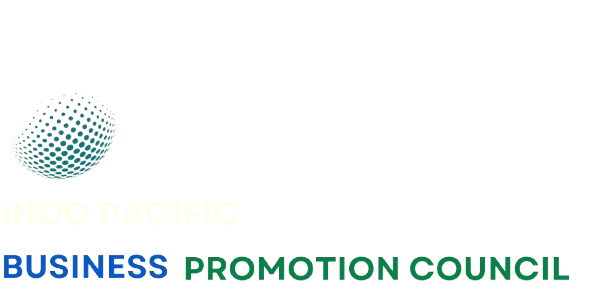Key Takeaways
- Brazil’s Health Regulatory Agency (Anvisa) is considering a ban on 28 substances in cosmetics and personal care products.
- The proposed resolution aims to enhance public safety and bring regulations in line with European standards.
- A 60-day public consultation period is open until March 7, allowing stakeholders to provide feedback on the draft resolution.
Proposed Ban on Cosmetic Substances in Brazil
Brazil’s Health Regulatory Agency, known as Anvisa, has initiated a public consultation on a draft resolution that proposes banning 28 substances commonly found in cosmetics, personal care, and fragrance products. This proposed regulation marks a significant step toward aligning Brazil’s cosmetic safety measures with the European Cosmetics Regulation, which maintains a comprehensive list of prohibited substances.
The primary goal of this initiative is to enhance public safety. The substances targeted for prohibition include various preservatives, dyes, ultraviolet filters, fixing agents, and straighteners, which have raised concerns regarding their safety and potential risks to consumers. Additionally, Anvisa is also considering the removal of five substances from its existing regulations, specifically hydroquinone and methyl eugenol, which have been flagged for their harmful effects.
The public consultation period is set to last 60 days, ending on March 7. During this time, stakeholders including industries, consumer groups, and the public can provide input on the draft resolution, ensuring a collaborative approach to this regulatory change. This opportunity for public engagement underscores Anvisa’s commitment to transparency and consumer safety, allowing various parties to voice their opinions and concerns.
The motivation behind this regulatory overhaul reflects Brazil’s commitment to modernizing its cosmetics regulations. By aligning more closely with international standards, the country aims to ensure that cosmetic products on the market are safe for consumers and free from ingredients recognized as harmful. The initiative not only aims to protect consumers but also demonstrates Brazil’s proactive approach in addressing public health issues related to cosmetic safety.
As this consultation unfolds, it is anticipated that feedback from stakeholders will play a crucial role in finalizing the regulation. The outcome of this process could significantly impact the cosmetics industry in Brazil, prompting manufacturers to review and potentially reformulate their products in compliance with the new guidelines. This potential shift in regulatory policy is a part of a broader trend observed globally, where countries are increasingly prioritizing the safety of personal care products in response to consumer demands for transparency and safety.
Overall, the draft resolution represents a pivotal moment for cosmetic safety regulations in Brazil, with implications that extend beyond national borders, as the country continues to navigate the complexities of global standards in consumer safety and product regulation. With the deadline for public comment approaching, all eyes will be on the response from both industry leaders and consumers, and the eventual decisions made by Anvisa regarding the future landscape of cosmetics in Brazil.
The content above is a summary. For more details, see the source article.















